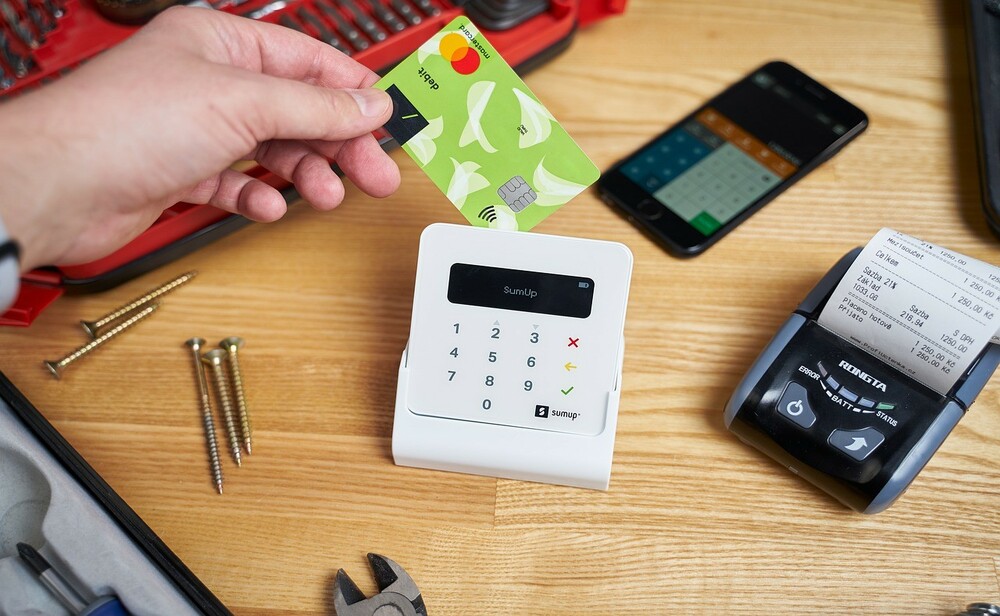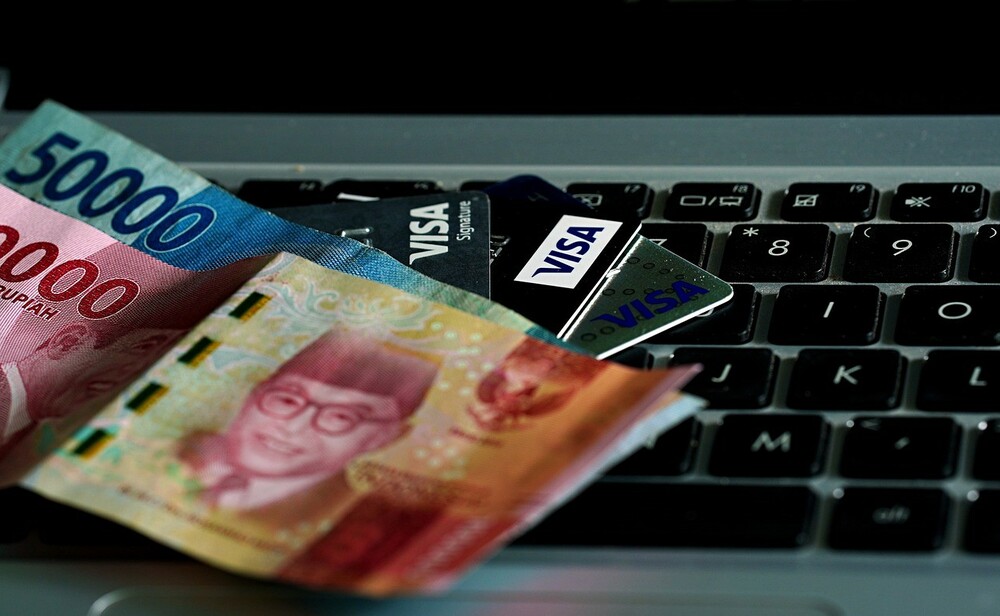The 15 Most Important Things to Consider for Credit Repair
Credit repair is one of those tricky topics that seems easier to avoid than to fix. If you are like most people, you have a bad credit score because something unfortunate happened to you. This could be anything from being declined for a loan to a blow-up with a customer over a disputed bill. It is going to be pretty difficult to know how to start and how to proceed without learning more. This article will help you. If you can get authorized user status on a credit card account with good payment history, don’t hesitate to do so. If you pay the bill on time, the account holder’s history becomes yours. Be aware, however, that it also works in reverse; if the account holder defaults, your credit will suffer as well.

It is no secret that you need to fix your credit before it gets any worse. In this article, you are going to learn the 15 things that you need to know to get on top of repairing your credit and keep it that way.
Things to Consider for Credit Repair
1. Know Your Credits
Credit scores are based on the information that creditors have about you. If you have filed for bankruptcy, have large debts, or have a suspicious activity on your credit report, then you do not have good credit. You can repair your credit by making sure your credit reports are accurate.
If you don’t know all of your creditors, then you could get into some serious trouble. Not only does this affect your score, but you could also miss out on important deals, such as a rental property. If you have been paying all your bills on time, you should be good to go!
2. Obtain Your Credit Reports
If you want to get a quick idea of where you stand with your credit, you can obtain your three major credit reports for free once a year from each of the three major credit agencies. You will have to contact each one separately for your reports but there is no charge. Use this information to see where you stand. You will have to understand your credit score, debt to income ratio, and payment history to know what your score is and what you need to do to improve your score.
3. Make a Plan
The next step to improving your credit is making a plan. This plan will include how you plan to increase your credit score, pay down your debt, and increase your credit limit. If you are paying off a credit card, that’s great, but you also need to consider the cash on hand that you have and the amount of credit available to you.
4. Revamp Your Credit File
When you review your credit reports you should make sure they are accurate. You can dispute any errors with the credit bureaus, but if you are denied and have an error, the credit bureau must honor your request. In this situation, you should dispute the error with the actual company or individual that made the error so the error is corrected.
5. Take Care of Small Problems First
You cannot correct your credit file until you take care of small issues. If you are paying your bills on time each month, the small issues, such as late payments, do not stand out so much. Like you do not have the money for late payments, you have no problem paying your bills in full on time each month. If you have not made the minimum payments on any credit accounts, you should be reviewing your credit reports to see how much you are missing.
6. Pay Down Debt
Paying off high-interest debt makes a big difference. It will decrease your debt-to-income ratio and allow you to move on to paying off other smaller debts. Once you get your credit under control, it is time to pay off your credit card debts. To do this, make sure to pay off the credit cards with the highest interest rates first. Some credit cards charge a balance transfer fee to start a balance transfer. You can avoid these fees by transferring your balance before the promotional period expires. After you have paid off the credit card debts, you can then refinance with a lower interest rate.
Working to pay off your debts will boost your credit score. Paying off your debts allows you to concentrate on improving your score. Your credit score is a direct reflection of the way you manage your credit cards. Try not to use more than 30% of the available credit. If you are missing payments, then you should pay your debts on time.
7. Keep the Balance on Your Credit Cards Low
When you are having trouble making your minimum payments on your credit cards, look at your credit card bills to make sure you are not spending more than you have to. While some debt is necessary, you do not have to carry the balance on your credit card forever. If you are able to keep your credit card balances at a low, you will be in a better position to make payments to your creditors.
8. Avoid the Banks
If you have outstanding credit card debt, and you want to get it paid off, you need to find a credit consolidation loan. These loans combine the debts from multiple credit cards into one low-interest, fixed monthly payment. Depending on the interest rate, the interest can be lower than the interest on your credit cards. These loans are also less costly to pay each month.
9. Consider a Personal Loan
A personal loan is a form of credit that you take out to pay for short-term financial needs. If you need a car, to buy a piece of furniture, or to fix the roof, this is a great option to consider. These loans typically have a lower interest rate than a credit card.
10. Check Your Credit Report Regularly
If you check your credit report once a year, you should get a copy of your credit report at least once a month. You will need to keep checking your credit report, especially when making large purchases. Keep in mind that you may not be able to make your payments if you have not checked your credit report.
11. Track Your Progress
The best way to increase your credit score is by tracking your progress. A simple way to do this is to track where you are in your payments. You can use an online debt payment program to track your payments and keep you aware of the debt that you have.
12. Get Involved
The best way to get a large credit score improvement is to get involved. Volunteer at a soup kitchen or children’s hospital. Talk to your friends about debt issues and look at your credit report with them. You may be surprised to see what you learn. Start with your own family.
13. Take Care of the Older Section of Your Credit
You will want to be sure to work on all of your reports to improve your credit score. That being said, the older your credit is, the worse it will look on your credit report. Make sure to work on all of your reports to improve your score.
14. Work on the Bad Section First
There are two parts to your credit score. The first part is the FICO score which is reported by the three major credit agencies. The second part is your credit history. You will be able to improve both of these by paying your bills in full and on time. If you have missed payments, then start working on your credit history first.
A large portion of your credit score is based on your debt-to-income ratio. The best way to work on your debt-to-income ratio is by lowering the interest rate that you are paying on your debt. Your debt-to-income ratio will be lower with a lower interest rate.
15. Catch Up on Payments
You will want to work on your first report first. When you are getting close to the minimum payment, take the time to pay the balance in full. This will show the credit agency that you are trying to catch up with the payments. Then, when you have a good record of paying your bills in full and on time, you can begin working on your FICO score.
Here are a few other things that you need to know about credit repair:
1. Mistakes happen, so be slow and steady. It took me a while to learn the right way to go about credit repair. It’s better to spend a couple of hours every week to get credit repair done than to pay thousands of dollars to a credit counselor.
2. Make a list of everything you need to do. Prioritize your list and do the tasks that you are capable of. Do not try to do everything at once.
3. Spend no more than 1 hour per day on your credit repair. If you spend 2-3 hours per day, you will see significant improvement in your credit score in just a couple of months.
4. If your credit has been damaged to the point where you are having trouble making payments, consider talking to a credit counselor. A counselor will explain to you what steps you need to take and what to expect. They can help you to formulate a plan to repair your credit.
5. Credit score improvement takes time, so don’t get discouraged if you aren’t seeing results after just a few months. Keep working at it. You will eventually see improvements.
6. If you are looking for professional help in repairing your credit, try to find an organization that is affiliated with the credit bureaus. When you work with a credit repair organization, they will present your case to credit bureau agents and experts who can help you in return.
7. Before you contact a company to help you out with your credit, make sure that they are properly registered in your state. This information can be found on the Fair Credit Reporting Act website. It is very important that any company you work with is registered in your state.
8. If your credit is beyond repair and you are looking to repair it, then you have to be patient. It is going to take quite a while to see any repairs or improvements. It is most likely going to be a long process before you see any big wins.
9. Avoid major purchases for a while. Buy a car and make the monthly payments on time to build your credit. Another choice would be to get a loan to make the car payment. Both of these options will show lenders that you are a responsible borrower and will help to repair your credit.
Conclusion
There are many steps you can take to fix your credit. The credit bureaus do not make mistakes; there is just a system in place that does not allow you to take care of your credit. Some tips will help you and others may not work, but you should never give up. You must continue to check your credit report and make sure that the information on your report is accurate and complete.
These are just some of the steps you should take to improve your credit. Some of the tips may not work for everyone, but it does not hurt to try. If you think your credit is in bad shape, you should contact a credit repair service to see how they can help.
Your credit score is very important when you are in the market for a home, car, or other major purchases. Review the steps above to make sure that you are doing everything possible to get your credit score up. You do not want to miss out on the great deals available to you.
Must Read: Top Strategies to Improve Credit Score





